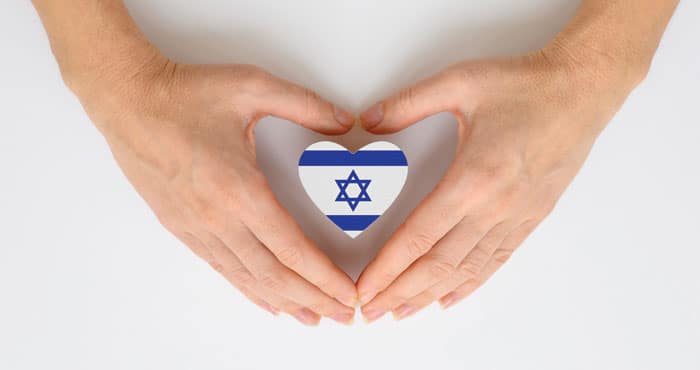
The other night, I experienced a strange duality before falling asleep: Scrolling through Instagram, I watched a video of an anti-Israel street mob abroad that appeared so hateful that the protesters’ rage seemed almost violent. If an IDF soldier had been caught in their midst, I believe he would have been beaten mercilessly or even murdered.
Then, I received a message on a local WhatsApp Jewish community group regarding an IDF soldier who was injured on Oct. 7 and who was scheduled to visit Los Angeles to tell his story. Most of the responses that followed came from individuals asking if they could host the soldier for a Shabbat meal, a Shabbaton, a lunch, a dinner or a special school-wide assembly. Some people said they merely wanted to meet the soldier and give him a hug.
One of the many reasons that Jews worldwide feel inconsolably anxious today is because we are neither blind nor deaf. With every biased (or false) headline, torn-down poster of kidnapped hostages or rage-filled street protest, we see how much we are hated. With each pro-Hamas resolution that another city passes (what else can one call a resolution that demands that Israel immediately stops defending itself, even if the sponsors of the resolution also call on Hamas for a ceasefire?), we hear how little our lives matter to so many others.
If a Martian visited Earth, it would immediately deduce that Israel is the most hated nation on the planet. But, perhaps due to the fact that it’s February and I’ve been seeing cupids and hearts at every market, office and gas station, that night, I awoke with an epiphany: What if Israel is actually the most loved country in the world?
I can just see the “laughing” emojis, sarcastic comments and revolting antisemitic responses on social media in response to my claim. And if you’re wondering whether any traces of sanity that I had remaining after Oct. 7 now have disappeared, you may be right. But consider the following: Can you name any other religious or ethnic group, besides Jews, that lives in a diasporic community and still prays constantly and fervently for the safety and success of the soldiers in its home country? For that matter, can you name anyone who was not born in a country and may never have lived there, but who still prays for the peace of that country throughout their day as part of the liturgy when they pray at a house of worship?
Are there any WhatsApp worldwide chats that are filled with the sole mission of coordinating 24-hour prayers on behalf of any other country? Is there the equivalent of a Jewish Tehillim (Psalms) group on WhatsApp or social media, exclusively for Catholics, that is solely devoted to assigning prayers to average people, from Peru to Madrid, rather than to clergy, on behalf of the safety and flourishing of The Vatican? (If there is, please notify me immediately.)
Did soldiers who have been fighting in Ukraine recently visit family in the United States and witness how local communities immediately clamored to invite them to endless meals, accommodations, lectures and many, many hugs? It’s not my intention to demean any of the aforementioned people, whether Ukrainians, Catholics or anyone else, but these questions have merit. Perhaps more people should care about Ukrainian soldiers and the prosperity of The Vatican.
And as much as I love Americans, were our social media notifications erupting when three American troops were killed and over 30 injured several weeks ago in a drone attack by Iranian-backed militias in Jordan?
In late January, when 24 Israeli soldiers were killed in one day in Gaza, I don’t recall seeing a smile on the face of any Jewish person I ran into for most of the week. For a country as small as Israel, and for a people with such small numbers as Jews, seemingly everything, from food to screen-induced escapism seemed to lose its joy for a few days.
I asked my friend and colleague, Dr. Amir Give’on, to help Americans understand this on a deeper level. “Losing 24 Israeli soldiers in one day is equivalent to losing 884 American soldiers in one day, when normalizing by population size,” said Give’on, an Israeli data scientist and ex-NASA engineer who now resides in Los Angeles. He is the founder of AI for Israel, a new post-Oct. 7 initiative that helps activists around the world answer anti-Israel rhetoric using AI (ai4israel.com).
Lest I am accused of naivety, I’ll remind readers that whereas many American Jews are just now waking up to the cruel reality of Israel hatred at home, I understood how much Israel is vilified beginning at age six, when, back in post-revolutionary Iran, I was forced to chant “Death to Israel!” along with the rest of the students at school each day. Every Iranian knows that the regime labeled America as “The Great Satan” and Israel as “The Little Satan.” As a former pro-Israel student leader in the U.S., I’ve seen rage against the Jewish state on campus, and in my previous roles working at Israel advocacy organizations and diplomatic offices as a young professional, I’ve seen rage against the Jewish state on the street.
But in all my years being exposed to this hatred and rage, I began to question whether those who took to the quad or to the streets loved the idea of a Palestinian state as much as they hated the concept of the State of Israel. Yes, they have always waved Palestinian flags, but their shouts and demands have always targeted Israel.
I have no doubt that there are many that do truly feel love and concern for Palestinians, but ask yourself why those who take to the streets are often called “anti-Israel protesters,” rather than “pro-Palestinian protesters.” Have you ever heard of a group of people waving blue and white flags and shouting “Am Israel Chai” referred to as “anti-Palestinian protesters”? I didn’t think so.
I want you to think about the millions of prayers, tens of thousands of cards and care packages that Israel is receiving, and best of all, the in-person trips from people all over the world.
As I mentioned, I anticipate the cynical and hateful responses that claiming Israel is loved will elicit. But I’m not writing this column for those who despise Israel; this column is for anyone who loves Israel and believes in her goodness, despite her imperfections, and who feels alone, hated and outnumbered. I want you to think about the millions of prayers, tens of thousands of cards and care packages that Israel is receiving, and best of all, the in-person trips from people all over the world. By the time you finish reading this sentence, a child has drawn another sloppy, heart-filled card for an IDF soldier, and someone has just prayed with a full, loving heart for the hostages. And by the time you fall asleep tonight, Jews worldwide will have finished reciting the entire Book of Psalms thousands of times on behalf of the one state that will never turn them away or turn against them. Whether you’re an agnostic or an atheist, it’s hard not to admit that the thought and intentions behind such prayers is comforting.
Yes, millions of people hate Israel (though, for some reason, they still refuse to open their borders to suffering Palestinians). Perhaps millions pray for her demise. But something tells me that prayers of love are answered more than prayers of hate, and Israel is loved where it counts. The high-pitched personal prayers of a six-year-old Jewish girl in France mean more to me than the forced chants of hate of 200 girls in Iran.
I stopped caring much about Valentine’s Day after discovering Tu b’Av, the ancient “Jewish Day of Love” (and after learning that 2,000 Jews were burned alive that day during the Bubonic Plague in Strasbourg, France in 1349). But this Valentine’s Day, I may just be convinced to send a metaphoric box of chocolates to the one country in which a 20-year-old soldier just laced up his boots and entered a terrorist-filled, booby-trapped war zone so that I, as a Jew in America, may wake up this Shabbat morning and enter a synagogue in safety.
Happy Valentine’s Day.
Tabby Refael is an award-winning writer, speaker and weekly columnist for The Jewish Journal of Greater Los Angeles. Follow her on X/Twitter and Instagram @TabbyRefael







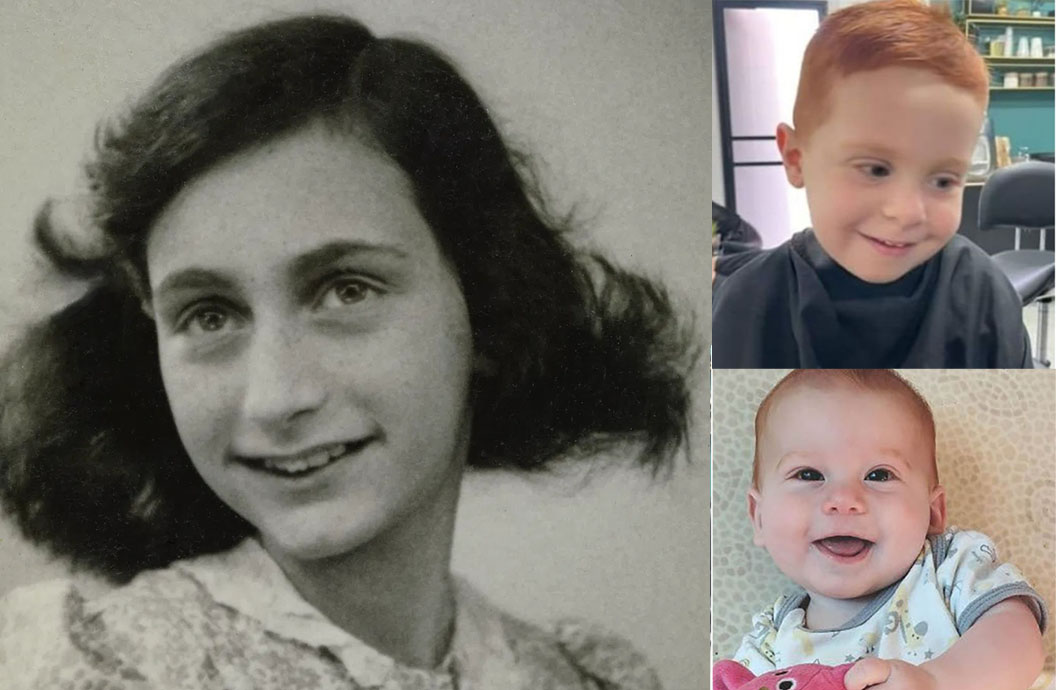
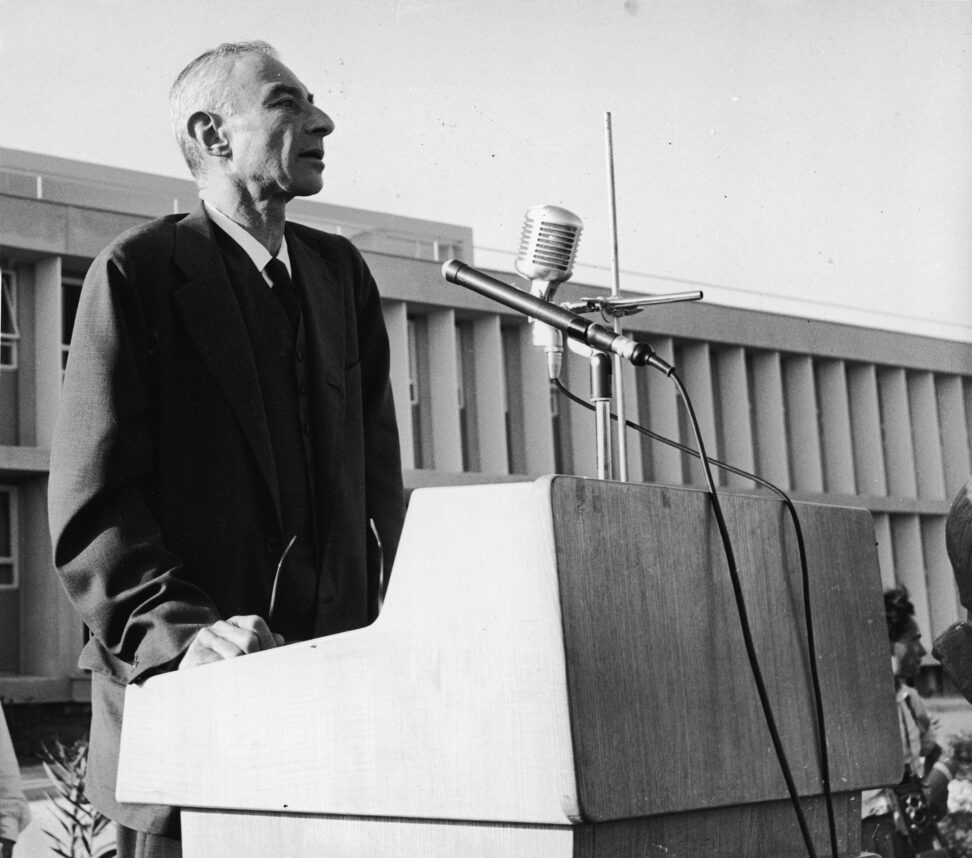
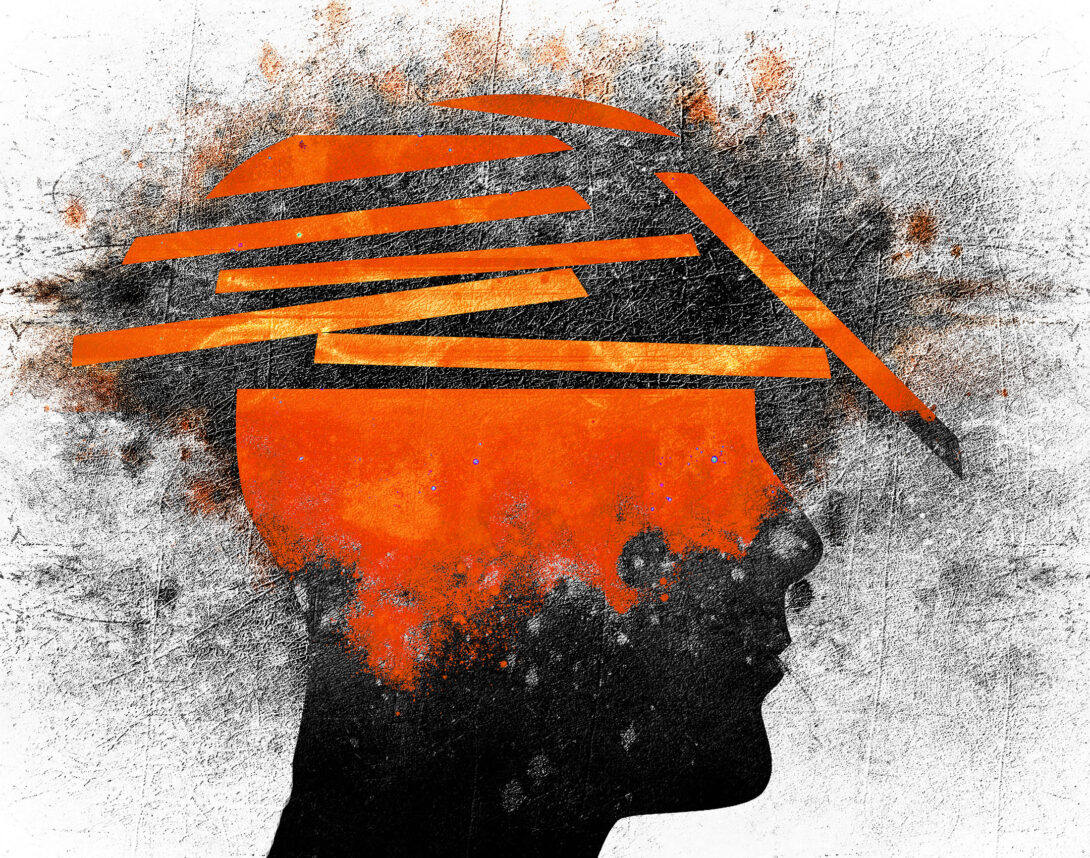
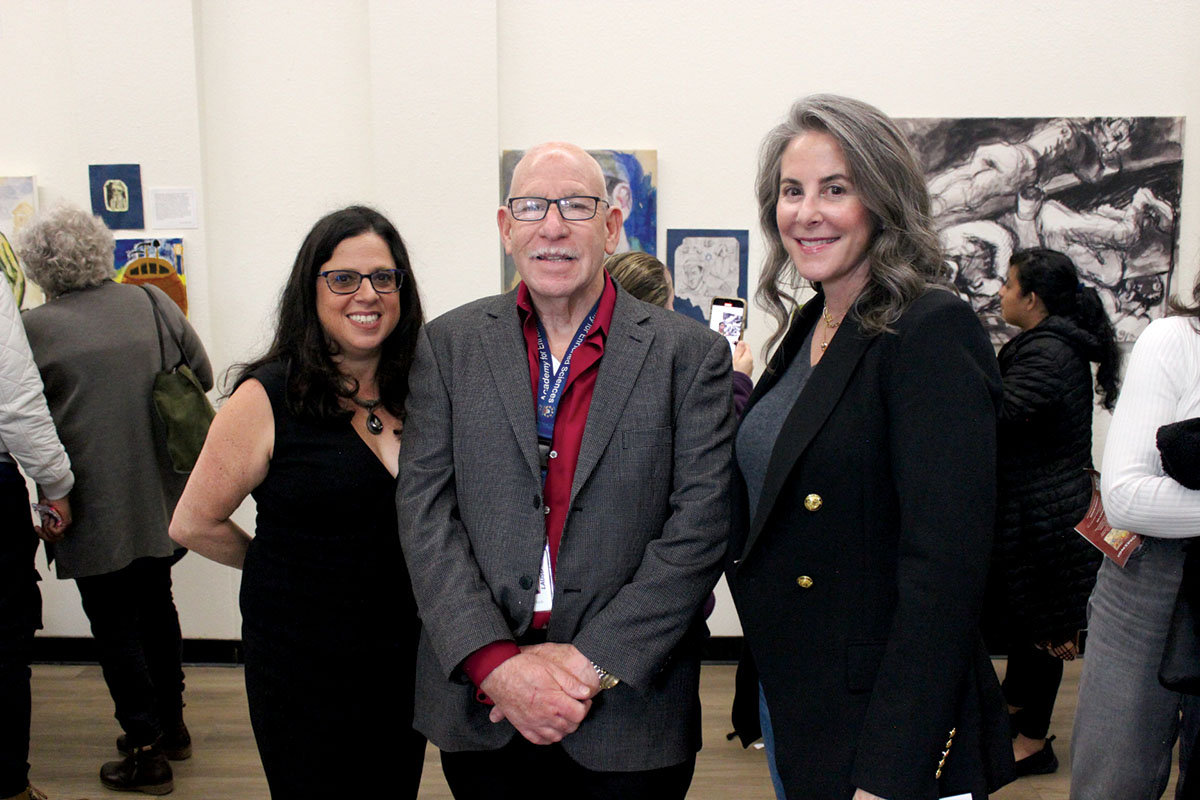

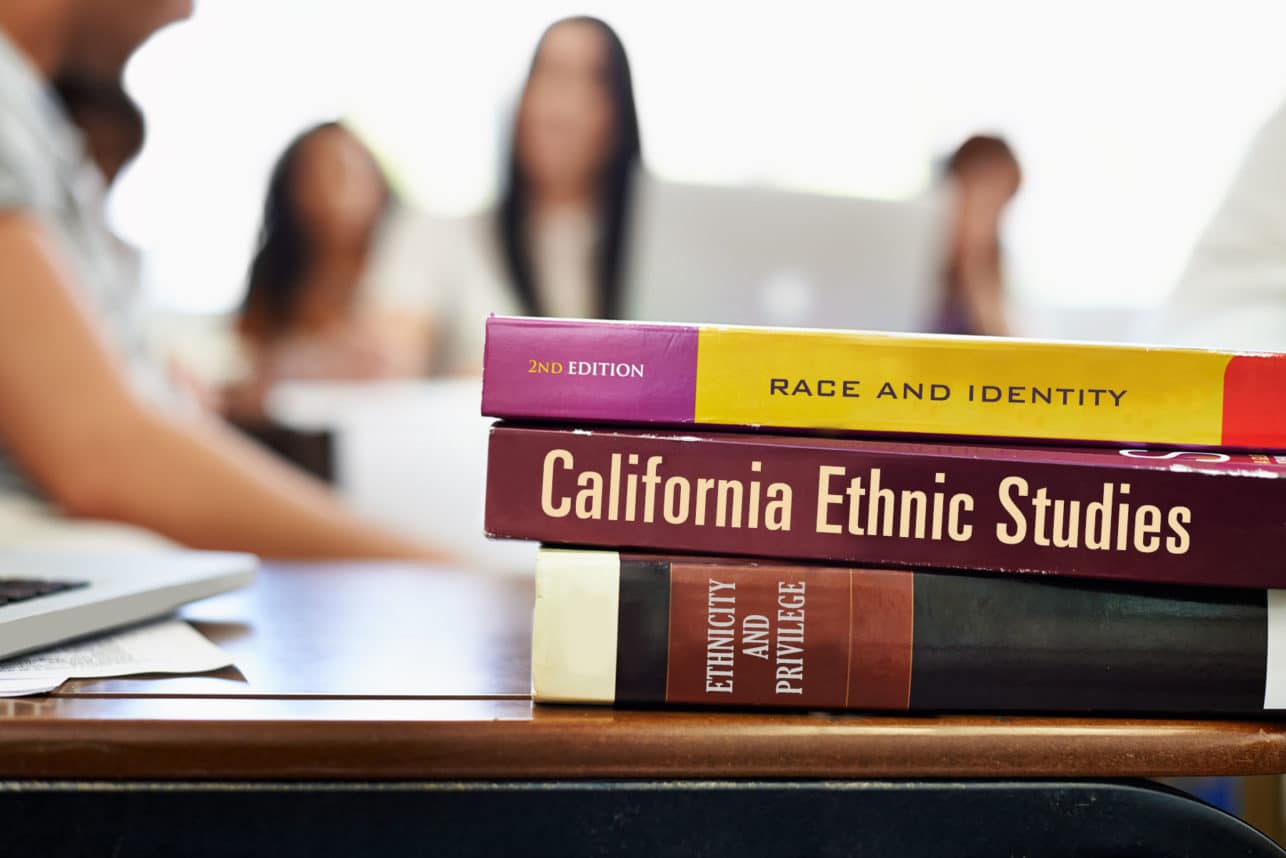


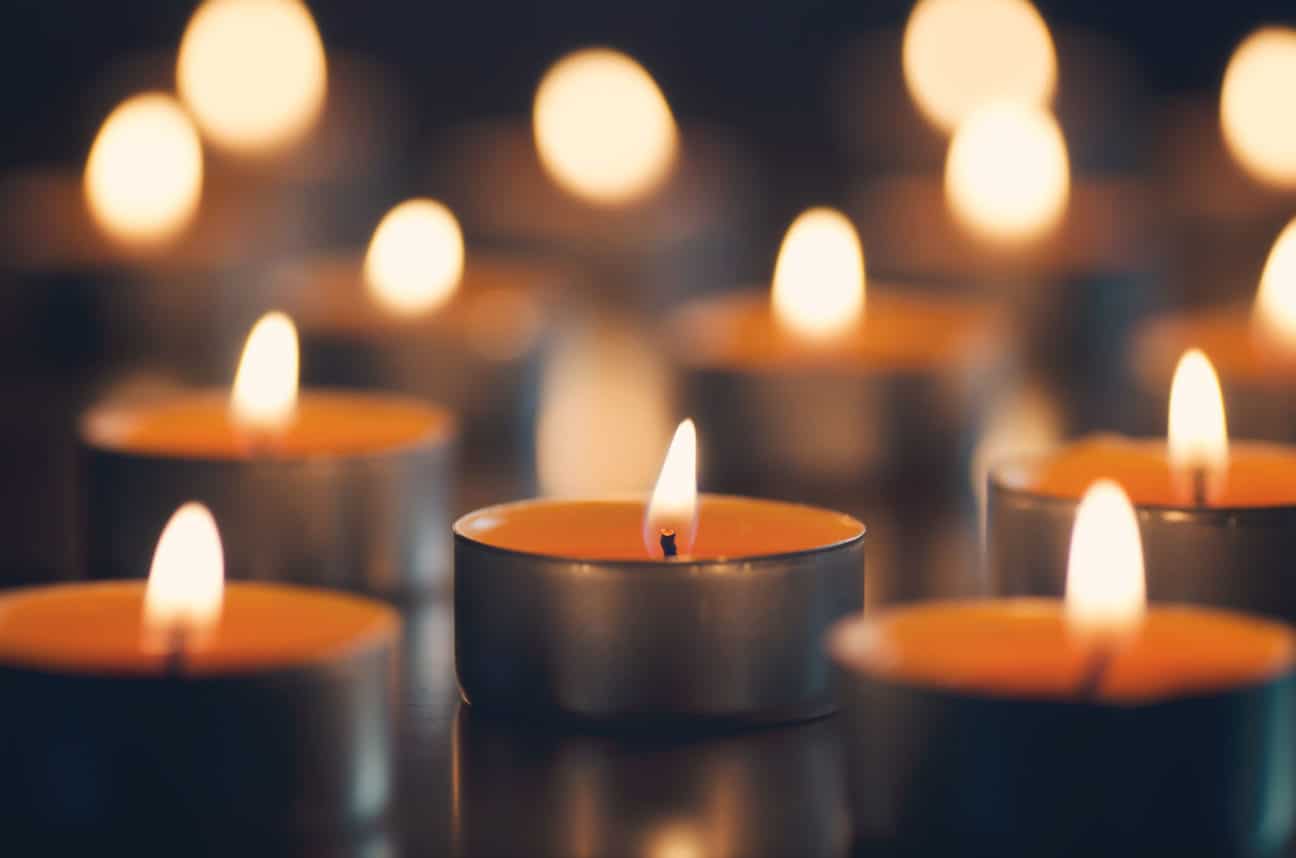
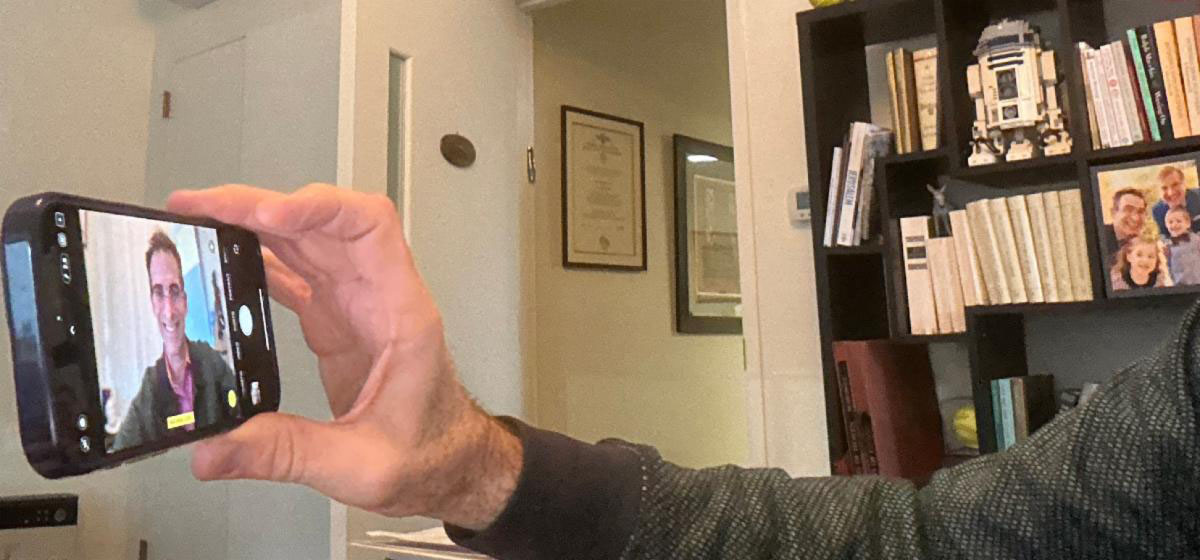




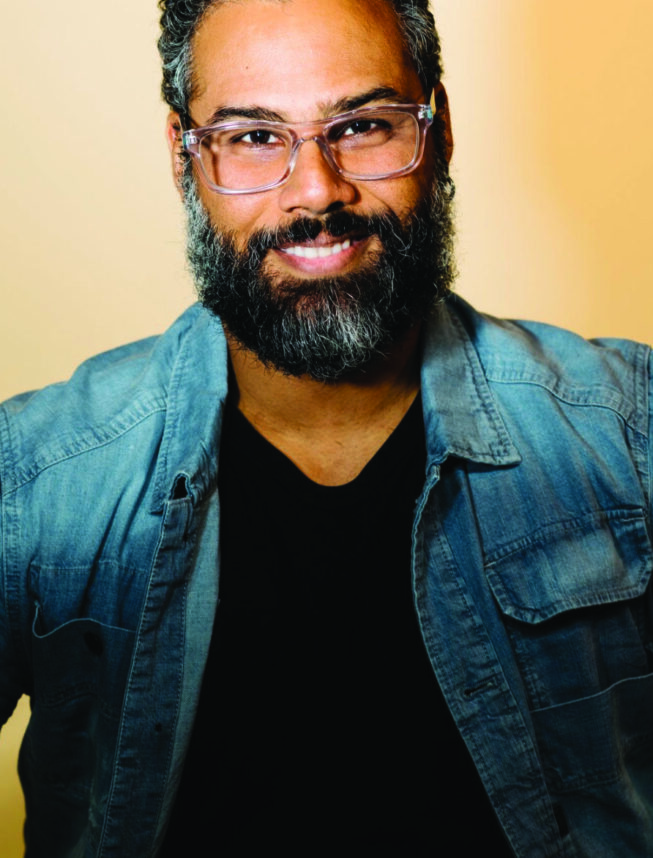


 More news and opinions than at a Shabbat dinner, right in your inbox.
More news and opinions than at a Shabbat dinner, right in your inbox.